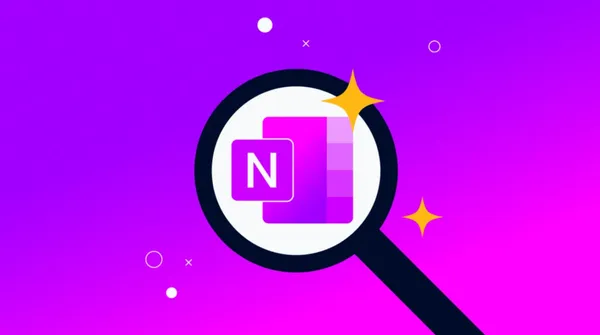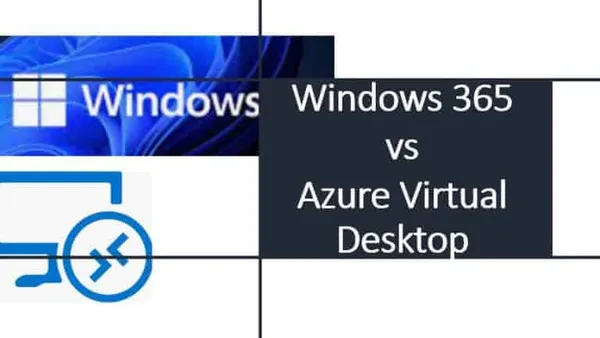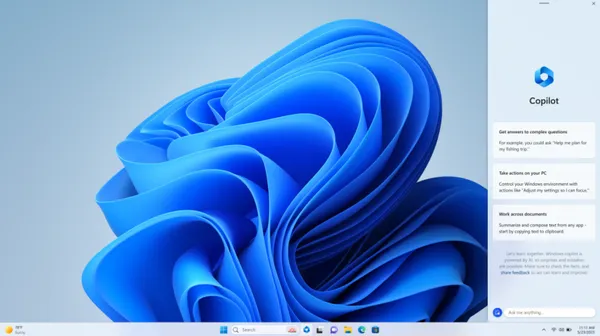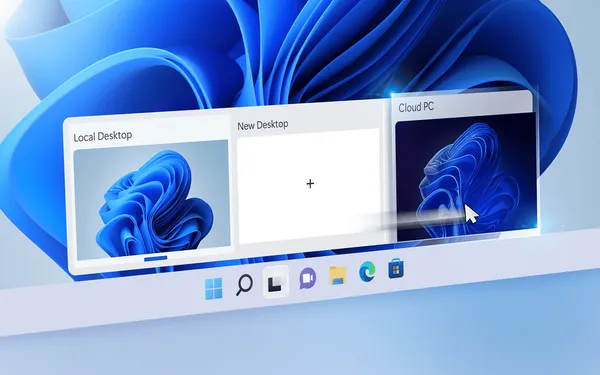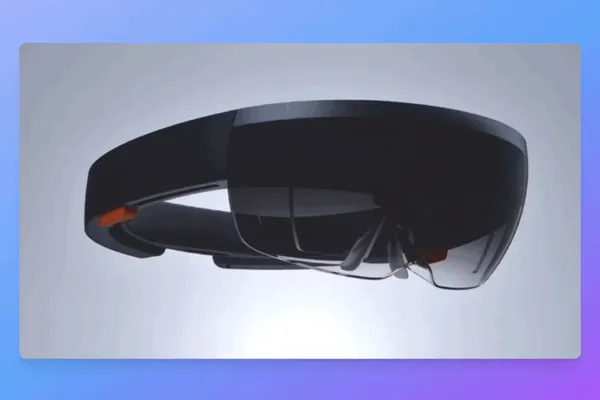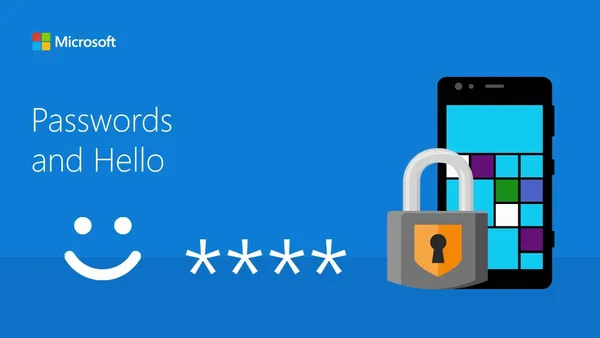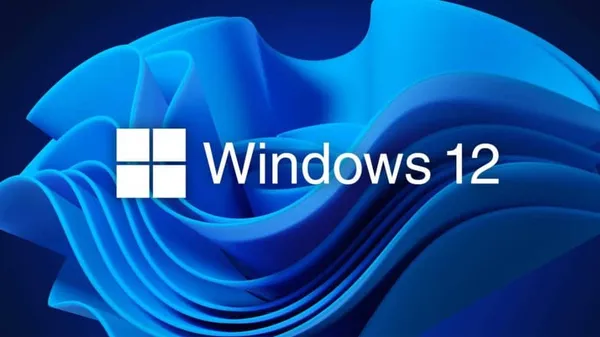
Knowledge base
April 01, 2023
Microsoft’s plans for Windows 12
Microsoft plans to make Windows 12 a more modern operating system (OS) with faster updates, improved security and integration of artificial intelligence.
That’s what sources familiar with the software giant’s development plans for the upcoming operating system reportedly told Windows Central’s Zac Bowden.
Bowden, known for his accurate early reporting on early and unreleased Windows features, said Microsoft was working on a project called CorePC, a modular and customizable variant of Windows that will be compatible with different devices.
CorePC is expected to be the underlying architecture for Windows 12, codenamed “Hudson Valley.”
The major difference between CorePC and existing Windows architecture is that it is state-separated.
Status separation enables faster updates and better security through read-only partitions that users and third-party apps cannot access. This is similar to how Android and iPadOS function.
In contrast, existing versions of Windows write all data, including system files, user documents and application files, to a single writable partition.
Microsoft previously worked on a state-separated architecture with Windows 10X for dual-screen devices, part of a now-canceled project called Core OS.
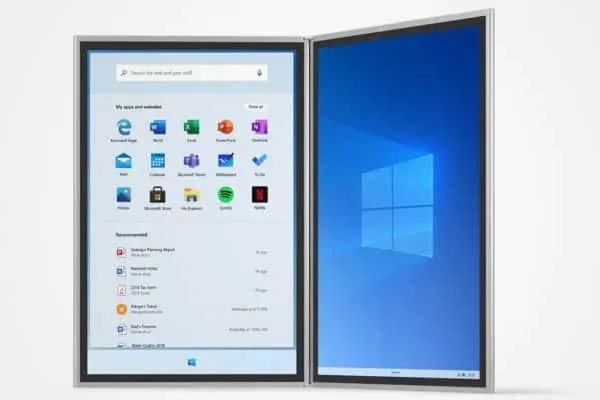
While that initiative focused on building a lightweight version of Windows from the ground up, CorePC strips Windows down to its core functions – with different levels of features designed for specific usage scenarios.
Bowden said his sources argued that this version of Windows could really compete with ChromeOS in terms of storage capacity, performance and efficiency.
One version of CorePC designed for elementary school computers can only run the Edge browser, Web and Android apps and the Office suite and is currently being tested.
Another iteration supports the full set of Windows features, but with state separation enabled.
For older apps that require a shared-state operating system, Microsoft is developing a compatibility layer called Neon.
Following Apple’s lead, Microsoft is also testing a CorePC variant that Bowden described as “silicon-optimized.”
It focuses on reducing legacy overhead, artificial intelligence (AI) capabilities and vertically optimized hardware and software experiences.
Among the AI capabilities currently under development is a feature that will allow Windows to analyze content being displayed and provide contextual cues to quickly launch projects or apps based on that information.
In addition, the AI can identify subjects in photos and allow users to cut and paste them for use elsewhere.
Windows 12 is expected to launch in 2024, but it remains to be seen whether it will be delivered with CorePC as the underlying architecture.
Source: mybroadband
Want to know more?
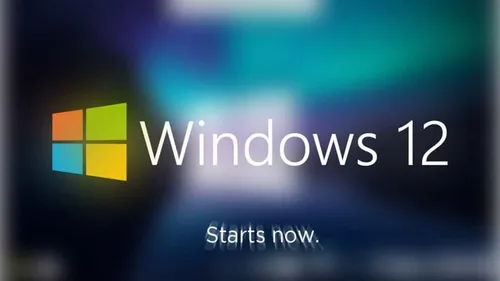
Related
blogs
Tech Updates: Microsoft 365, Azure, Cybersecurity & AI – Weekly in Your Mailbox.
